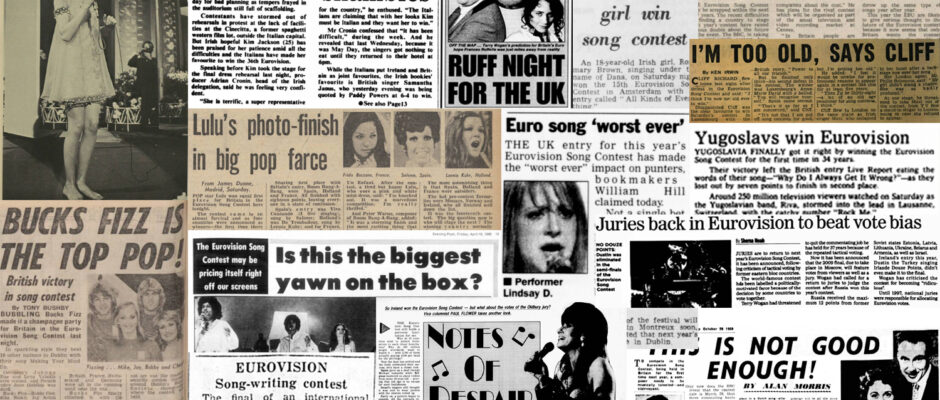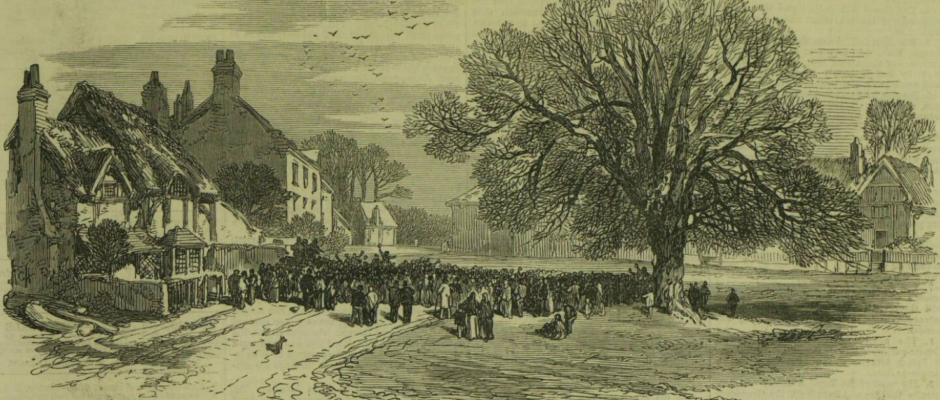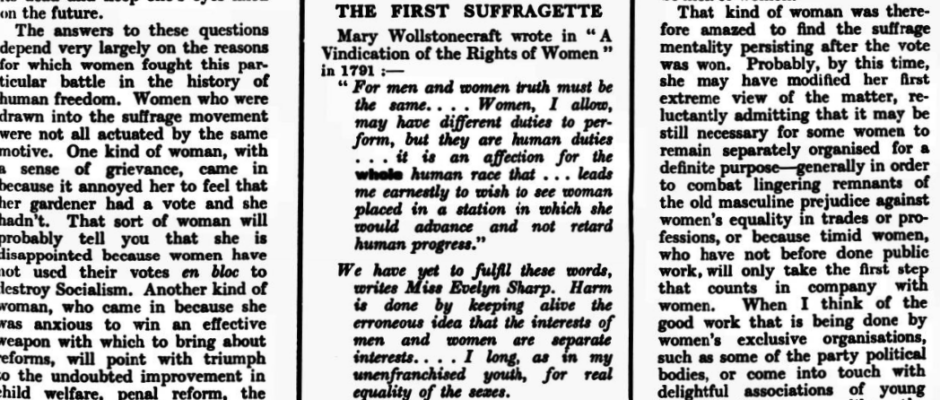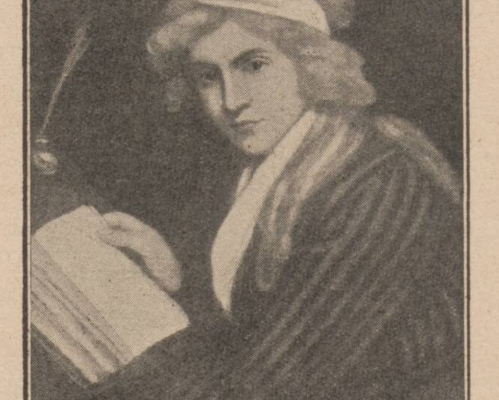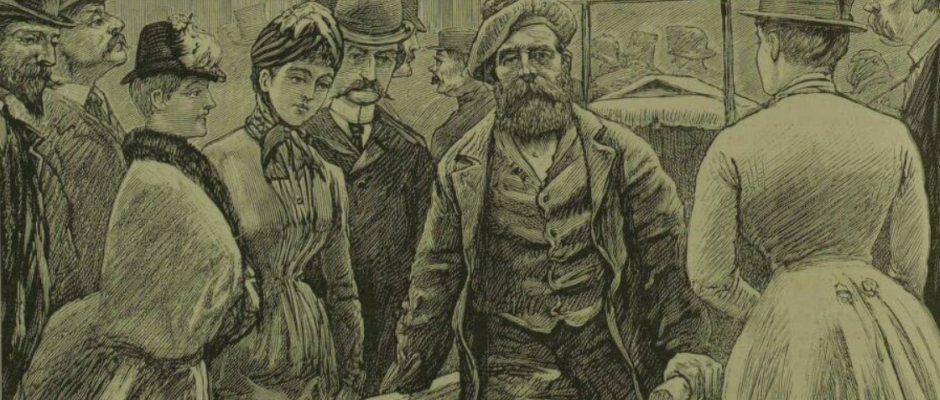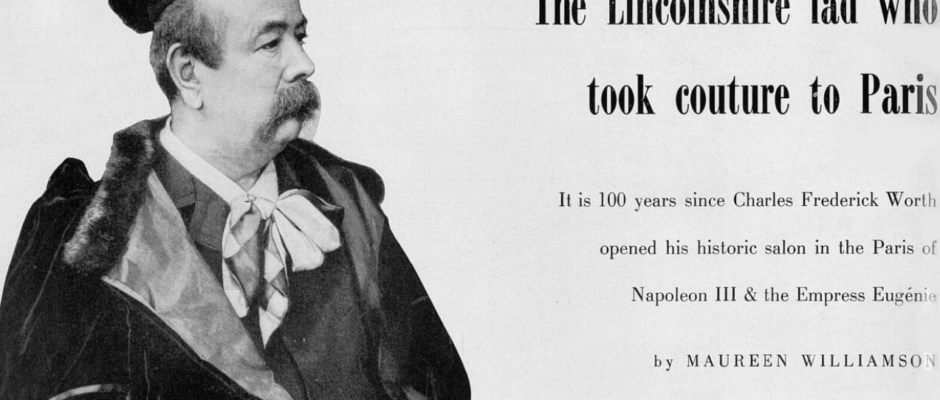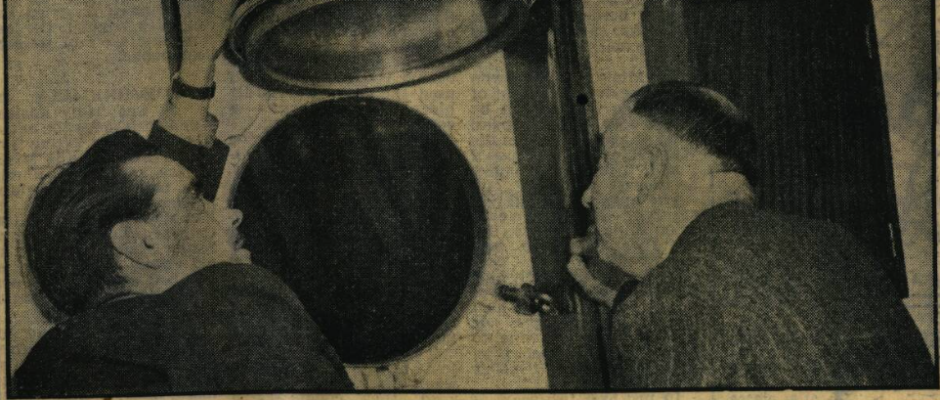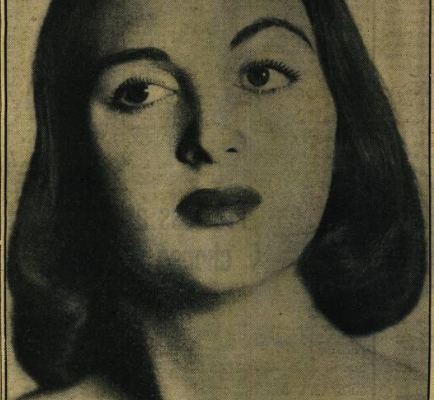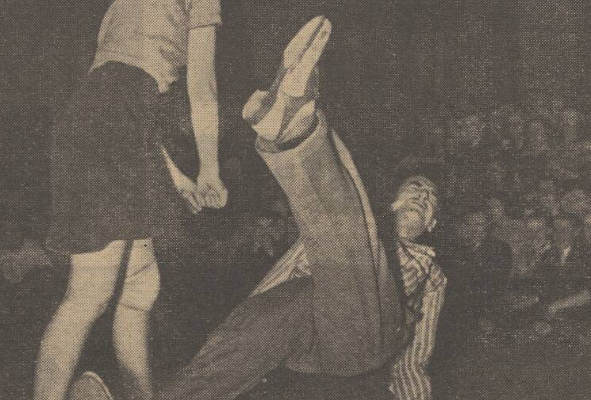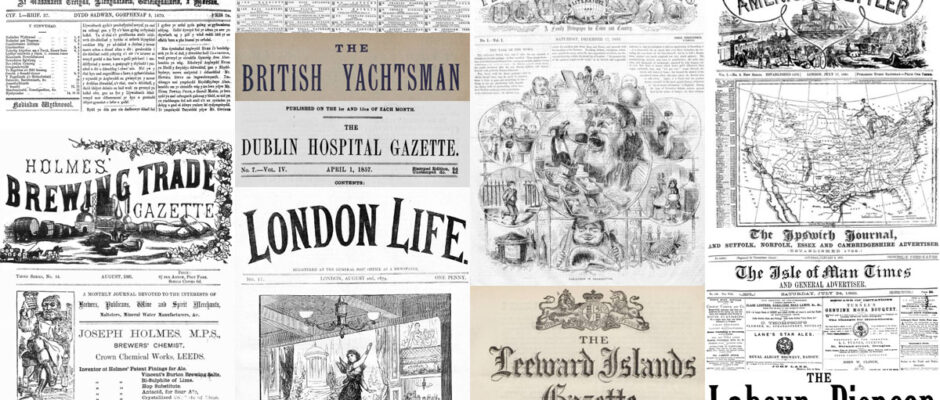May is the month of that major event in Europe’s (and now Australia’s) musical calendar: the Eurovision Song Contest. Love it, loath it, or patiently tolerate it, the Eurovision Song Contest has been making headlines ever since its first competition, held nearly 70 years ago in Lugano, Switzerland. And now, using British and Irish newspapers from our collection, we take a peak into the annals of Eurovision history, assembling headlines from the first ever contest in 1956 all the way …
Featured
In 1872 farm labourers in Warwickshire went on strike, in a movement that academic and statesmen Henry Fawcett dubbed to be the ‘most important that as ever taken place among our labourers.’ Echoing such movements in Britain’s industrial towns and cities, this radical rural action would lead to the formation of the National Agricultural Labourers’ Union. In this special blog, using newspapers from the time, we will examine this ground-breaking agricultural action. We will look at how the National Agricultural …
Tags
Eighteenth century writer, philosopher and early feminist Mary Wollstonecraft faced censure in her lifetime, not just for her radical beliefs, but also for her rejection of societal norms. Long after her death, however, attitudes began to shift, as she gained recognition as a trailblazing fighter for women’s equality and became an inspirational figure in the women’s suffrage movement. Following on from our blog on the life of Mary Wollstonecraft, in this second and final blog we shall examine the writer’s …
Tags
Eighteenth century writer and philosopher Mary Wollstonecraft was an early advocate of women’s rights. Lambasted during her lifetime for her refusal to conform to societal norms, she is seen today as one of the first feminist philosophers. In part one of our special blog series, we will examine the life of Mary Wollstonecraft, using newspapers found in our Archive. We will trace her life from its early difficulties, through to the publication of her trailblazing novels and pamphlets, learning how …
Tags
In this special guest blog, David Musgrove, content director for BBC History Magazine and HistoryExtra, considers the amazing life of the now-forgotten Victorian showman, athlete, and wheelbarrow pedestrian Bob Carlisle, and how his clever manipulation of newspapers marks him out as a 19th-century influencer. Did the Victorian period have influencers? Yes, but rather than using social media and camera phones, they employed letter-writing and wheelbarrows. I’ve been researching the story of a forgotten 19th-century minor celebrity whose life was widely …
Tags
Known as the ‘first couturier‘ and the ‘Napoleon of costumiers,’ British fashion designer Charles Frederick Worth is regarded by many as the father of haute couture. Born in Bourne, Lincolnshire, on 13 October 1825, Charles Frederick Worth would make his name in Paris as the founder of the House of Worth, and the man who revolutionised the business of fashion. In this special blog, we will explore the life and legacy of Charles Frederick Worth via newspapers published in his …
Tags
In October 1947, actress Eileen Isabella Ronnie Gibson, also known as Gay Gibson, disappeared from the ship upon which she was travelling home from South Africa. Her disappearance, which later led to a murder trial, hit headlines across the globe, as the sensational case mirrored plots akin to those to be found in books authored by Agatha Christie. In the first part of this special blog series, which you can read here, we took a look at who Gay Gibson …
Tags
The murder of 21-year-old actress Eileen Isabella Ronnie Gibson, who went by the name stage name of Gay Gibson, whilst she was travelling home from South Africa aboard the Durban Castle, in October 1947, made headlines across Britain and the world. Also known as the ‘Porthole Murder,’ thanks to the method in which Gay’s body was disposed, the case gained notoriety due to its parallels with film noir and popular fiction penned by Agatha Christie. In part one of a …
Tags
In the 1940s the jitterbug, a type of swing dancing that was pioneered by African American communities in New York during the early twentieth century, took the United Kingdom by storm. The energetic dance, which featured elements of the jive, the charleston, and other swing dances, divided Britain, with it being embraced by those who flocked to dancehalls up and down the country, whilst others viewed it as a morally dangerous American import. In this special blog, using newspapers from …
Tags
Today we have released one million new free to view pages on The Archive, meaning that we now have a total of nearly 3.5 million free to view pages all now available as part of our collection. These pages have been brought to you thanks to our partnership with the British Library. Both the British Newspaper Archive and the British Library are committed to making historic resources available to more and more people, and these 3.4 million free to view …


